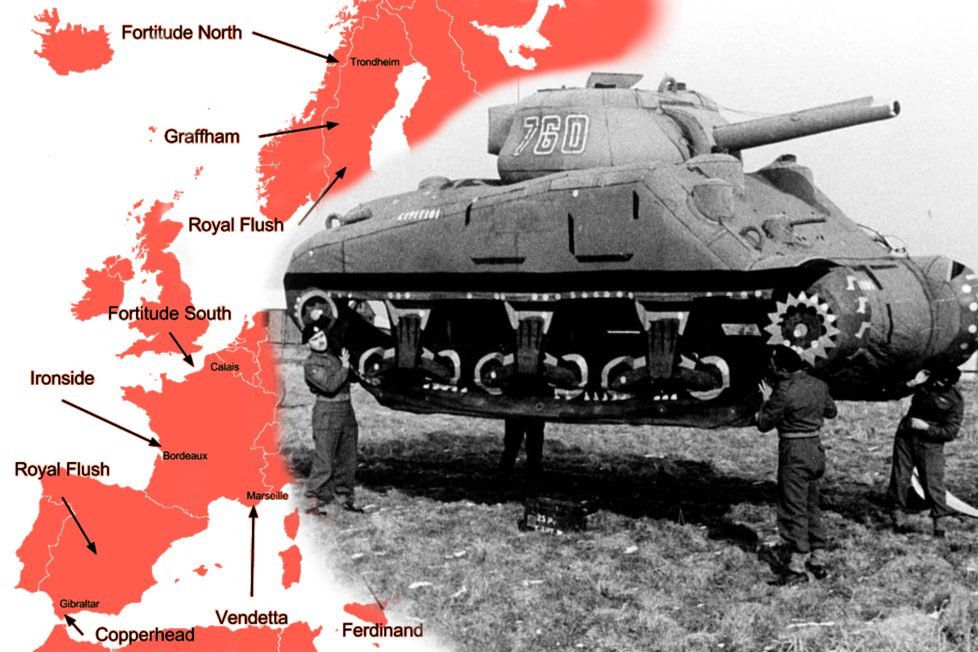Eighty years ago this week the British take drastic steps to protect the truth and the lies of D-Day

To protect secrecy in the run-up to D-Day the British government brought in utterly unprecedented restrictions on the diplomatic missions of all countries other than those of the fighting allies. Diplomats were banned from leaving the country. Any communication other than uncoded wireless messages or written despatches subjected to allied censorship was blocked. This drastic curtailment of diplomatic privileges showed just how much importance was attached to the intelligence dimension to D-Day, above all preventing leakage of the location and timing of the landings. The need to manage the flow of information from Britain was all the greater as the allies were conducting an elaborate deception campaign to mislead the Germans so blocking information that might have cast doubt on the false stories being fed to the Germans was almost as important.
The Japanese roadblock on the road to Kohima was broken, allowing the British forces there to be resupplied and reinforced albeit by a precarious route. However Imphal with its greater strategic importance and larger garrison remained cut off.
The Red Army broke fully into Crimea. Its official capital Simferopol and the major city Balaklava were taken from the Germans. Sevastopol was now practically cut off and was clearly the next objective for the Soviets.


Comments
Post a Comment